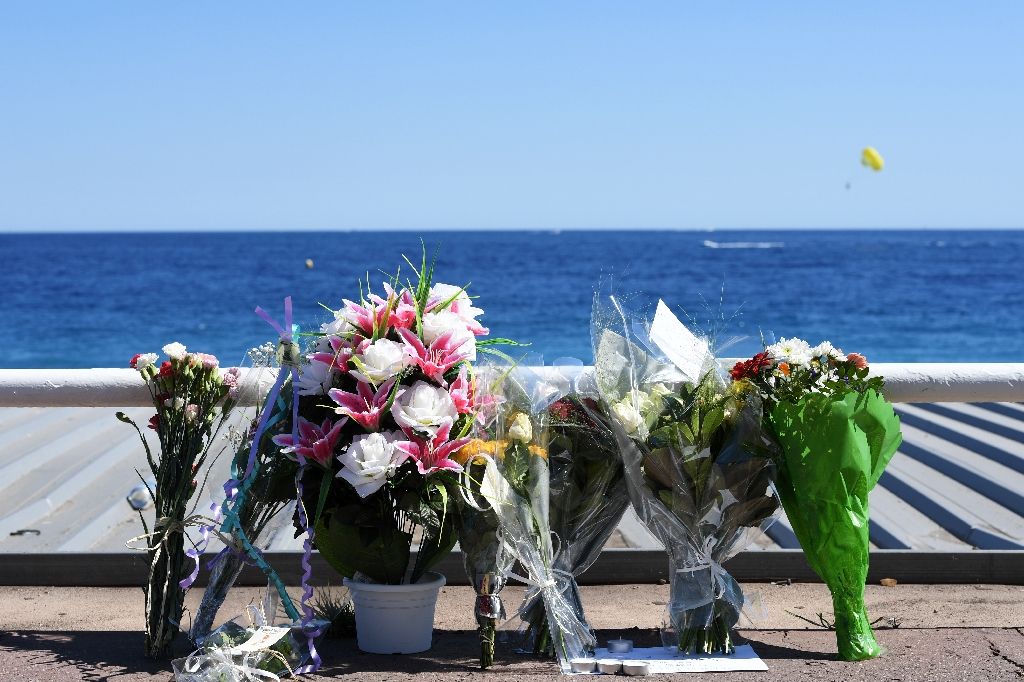French lawmakers voted massively Wednesday to extend the state of emergency introduced late last year for a fourth time in the wake of the July 14 truck attack in the city of Nice.
After seven hours of fraught debate into the night, during which the right-wing opposition party, Les Republicains, accused the government of being lax on security, the lower house of parliament voted by 489 to 26 to prolong the measures for a further six months.
The move comes six days after a truck driver ploughed through a crowd at Bastille Day celebrations in Nice, killing 84 people in the third major attack in France in 18 months.
ISIS said the Tunisian driver was one of its “soldiers” but investigators say that while Mohamed Lahouaiej Bouhlel showed a recent interest in jihadist activity but there was no evidence he acted on behalf of ISIS.
France has been under a state of emergency since the jihadist attacks in Paris in November, which left 130 people dead were also claimed by the extremist group.
President Francois Hollande had planned to lift the measures on July 26 but changed tack after the Nice attack.
His Socialist government had proposed a three-month extension but relented to demands from the conservative opposition that the tough security laws be kept in place until the end of January.
The laws give the police extra powers to carry out searches and place people under house arrest.
On Wednesday, MPs also voted to allow authorities to search luggage and vehicles without prior approval from a prosecutor and to allow the police seize data from computers and mobile phones.
The emergency regime also allows police to tap computer and phone communications more freely.
The bill now passes to the upper house, the Senate.
Hollande’s Socialist government has been under heavy criticism from the right for its response to a slew of attacks that have claimed over 230 lives since January 2015.
With elections due next year, the cross-party solidarity seen after last year’s attack on satirical magazine Charlie Hebdo has evaporated.
The government has defended its response to the jihadist threat, pointing to a raft of new anti-terror laws and the deployment of thousands of troops to patrol the streets.
A recent parliamentary commission of inquiry said however the new laws had had a “limited impact” on security.
Five people are still being held over the Nice attack. Among them is a 22-year-old man to whom Bouhlel sent a text message minutes before the attack about a pistol he used to fire at the police, who killed him in a shootout.
Friends and relatives of the 31-year-old father of three, who had a history of violence, told police he showed no interest in religion until recently.
Authorities found “very violent” photos on his computer, including of corpses, fighters posing with the ISIS flag and photos of Al-Qaeda founder Osama bin Laden.
Nineteen people are still in critical condition in hospital.
